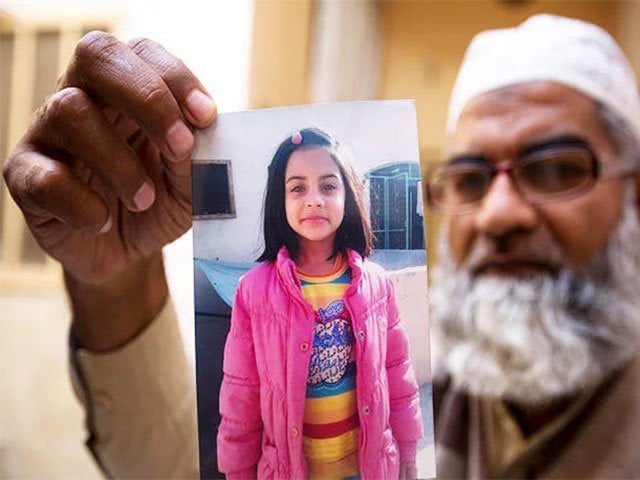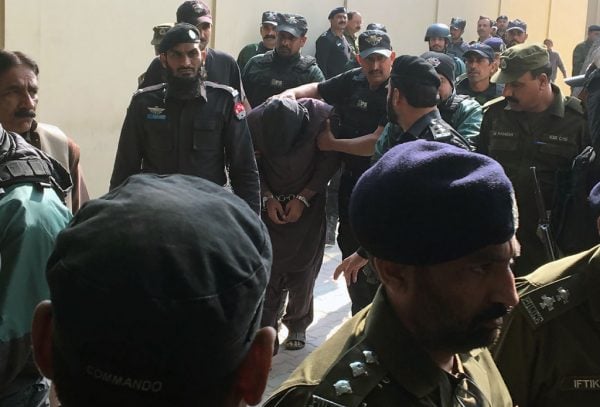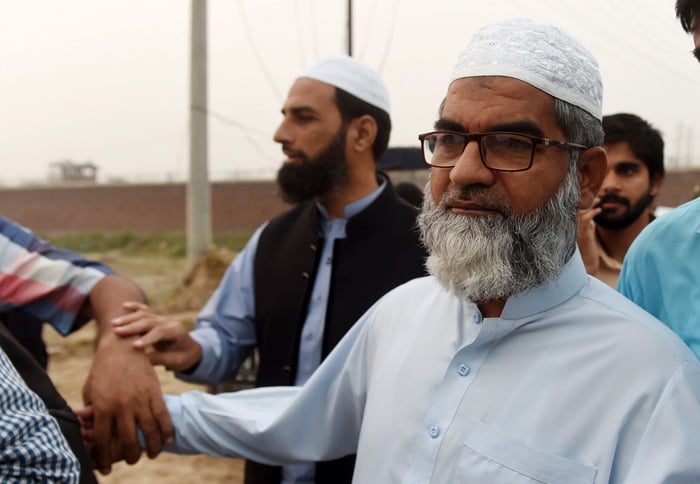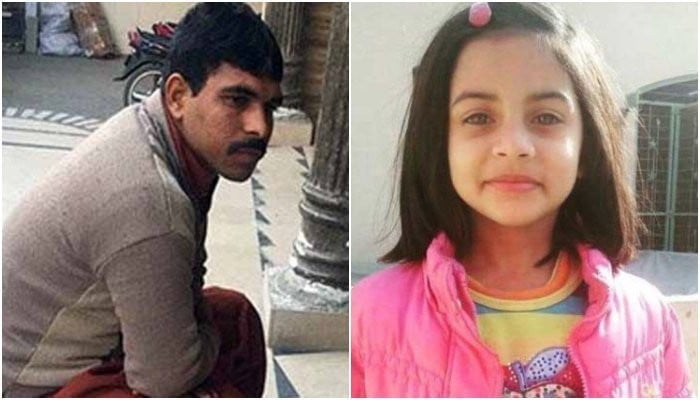Justice at last
The abduction, rape and murder of eight-year-old Zainab Ansari by Imran Ali has been viewed as a test case for Pakistan’s judicial and legal system. And it doesn’t disappoint.
October 22, 2018

The abduction, rape and murder of eight-year-old Zainab Ansari by Imran Ali has been viewed as a test case for Pakistan’s judicial and legal system. And it doesn’t disappoint.
The conviction, and then execution of Ali, came as a sigh of relief for many. The rapist was tried, convicted and executed, under the laws of Pakistan within a reasonable period of time, which usually doesn’t happen in majority of criminal trials. It was also conducted quite efficiently and diligently leading to his conviction.
Many, including myself, had feared that the court might find it difficult to sentence Ali with capital punishment. Primarily, because DNA, the most important piece of evidence in such cases, is only treated as corroborative evidence in Pakistani courts, which alone cannot be used to determine the fate of a case. But the prosecution proved everyone wrong and used the DNA evidence in an effective manner to ensure Ali’s conviction.

Prior to the hanging, Zainab’s father sought a public execution of the convict, by relying upon Section 22 of the Anti-Terrorism Act, 1997, which gives the government power to specify the manner, mode and place of execution. However, a divisional bench of the Lahore High Court, headed by Justice Sardar Shamim, dismissed the petition.
The bench was gracious enough to give me audience as a public interest litigant. I got the opportunity to apprise the court that the public execution of convicts is not permissible under Pakistani law as it violates Article 14 of the Constitution of Islamic Republic of Pakistan, which protects and guarantees the inviolable dignity of a human being.
It was also brought to the notice of the Court that although the Supreme Court in its judgment, reported as 1994 SCMR 1028, gave the state authority to specify a place of execution, the case was decided in light of a statement made by the then-deputy attorney general:
"The Government had decided, as a matter of policy, that it will not carry out execution of criminals' sentence to death in public despite the powers vesting in it to do so under section 10 of the Special Courts for Speedy Trials Act, 1992."

In court, I made a specific reference to the verdict passed in the case of Dr. M. Aslam Khaki vs. Federation of Pakistan. Here, the Federal Shariah Court held that: “The lesson therefore is that death penalty may be awarded to a killer but there is no authority to treat him inhumanly for a decade or so before he is hanged by neck till death.” The Court further emphasized that the Holy Quran "confers human dignity upon every person…, subject to law, the privacy of human being is also inviolable," by citing Ayat 126 of Sura 16, (Al-Nahl), which "reminds the believers that punishment shall not exceed the injury actually inflicted."
Fortunately, the Punjab government supported the argument that Ali must not be publicly executed. In doing so, the government’s counsel referred to the Jail Manual, 1978, rule 364, which relates to the admission of Spectators and Place of Execution and reads as: "Executions shall normally take place at the District Prison in which the prisoner was sentenced, unless the warrant otherwise directs." This provision cannot be brought into the ambits/purposes of "Public Executions" because it explicitly provides for executions to be conducted at the District Prison.
The fate of young Zainab, and the rightful outcome of her case, will remain etched in our collective conscience. Hopefully, she is not the last child the state provides justice to.
Pansota is an advocate of the high court, practicing in Lahore. He tweets @pansota1













